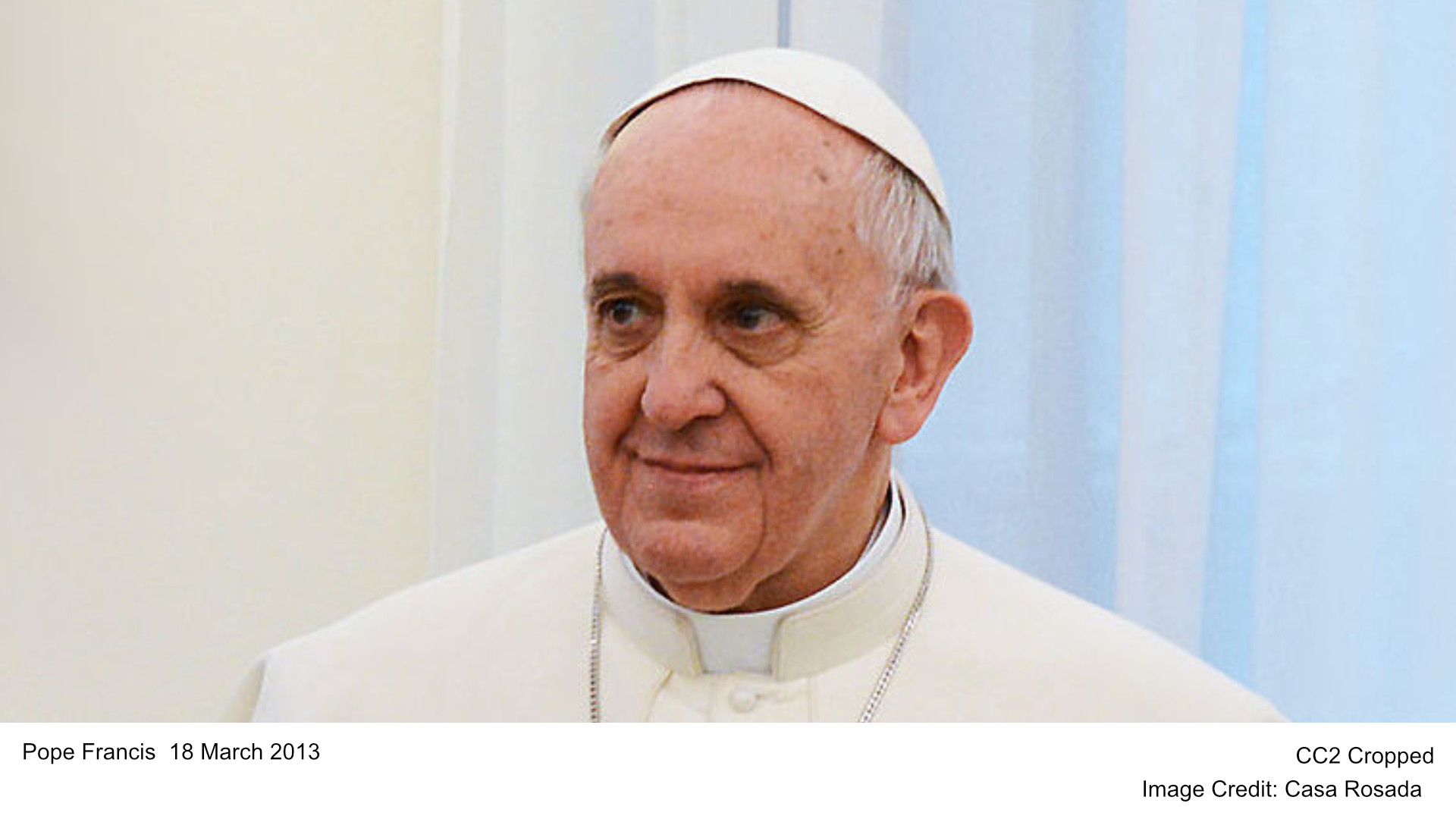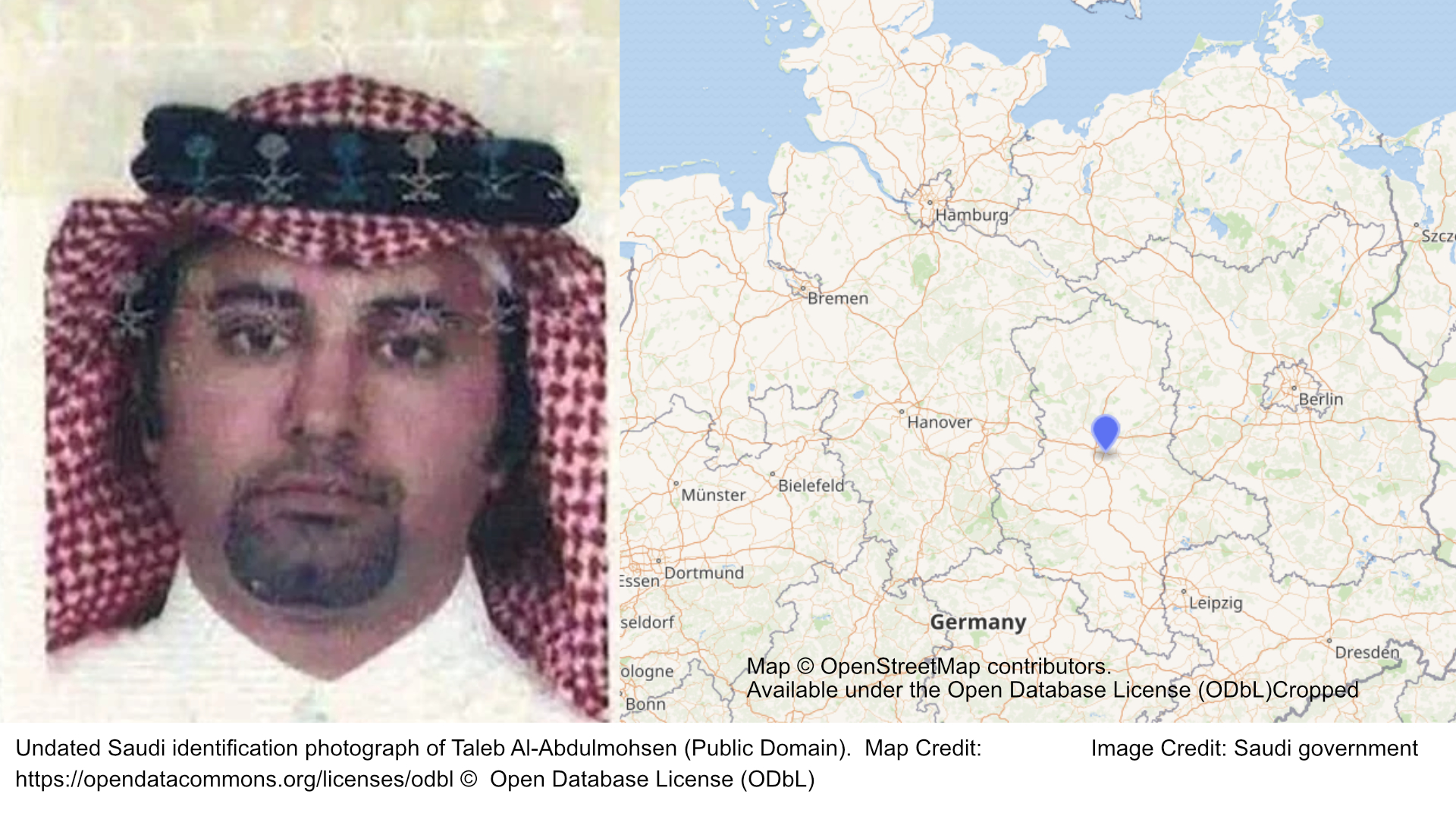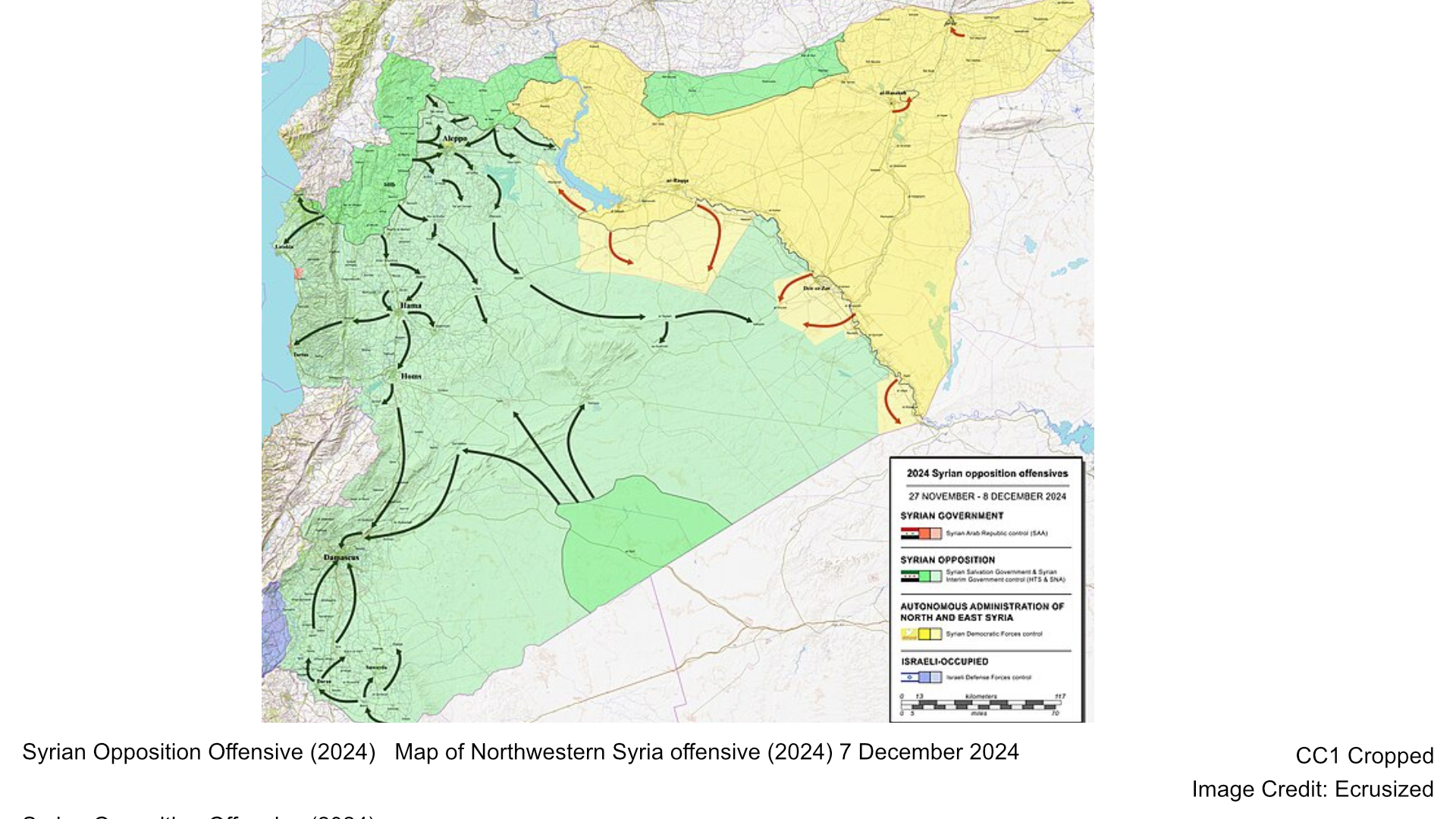As the election approaches, Vice President Kamala Harris’s campaign has received a boost from recent positive economic indicators. The United States has seen a slowdown in inflation, aligning closer to the Federal Reserve’s target, and a reduction in interest rates, which has brought mortgage rates to their lowest point in two years. These developments have been reported by various outlets, including Bloomberg and CNBC, providing a favorable backdrop for Harris’s economic platform.
Key Takeaways
- Positive Economic Indicators: Kamala Harris’s campaign gains momentum with declining inflation, lower interest rates, and improved employment numbers, boosting her economic platform ahead of the election.
- Wage Growth and Job Creation: The latest employment report shows wage growth surpassing inflation and a rise in job creation, strengthening Harris’s economic message against former President Donald Trump.
- Federal Deficit Concerns: Despite economic gains, Harris faces criticism over the potential $3 trillion addition to the deficit due to her proposed policies like banning price gouging and expanding the child tax credit.
- Equity and Tax Strategy: Harris’s platform emphasizes middle-class growth, small business support, and taxing the wealthy to reduce economic inequality and fund her proposals.
Harris’s campaign has been buoyed by the latest employment report, which revealed a significant increase in job creation and wage growth outpacing inflation. This economic momentum is pivotal for the vice president, as it strengthens her position against her Republican rival, former President Donald Trump, particularly on the issue of economic management.
Despite these positive trends, Harris faces the challenge of addressing the federal deficit, which could be exacerbated by her proposed economic policies. Her plans include a federal ban on price gouging, expanding the child tax credit, and offering financial support for homebuyers and small businesses. The nonpartisan Committee for a Responsible Federal Budget has estimated that these initiatives could add $3 trillion to the deficit over the next decade.
Harris’s strategy hinges on ensuring that the economic gains are felt across all segments of society. By focusing on middle-class growth and small business support, she aims to create a more equitable economic landscape. Her approach also involves increasing taxes on the wealthy, which she argues is necessary to fund her proposals and reduce economic disparities.
The campaign’s economic narrative is crucial as Harris seeks to differentiate herself from her opponent and build a compelling case for her leadership. With recent economic data supporting her agenda, Harris continues to highlight her vision for a prosperous and fair economy.





